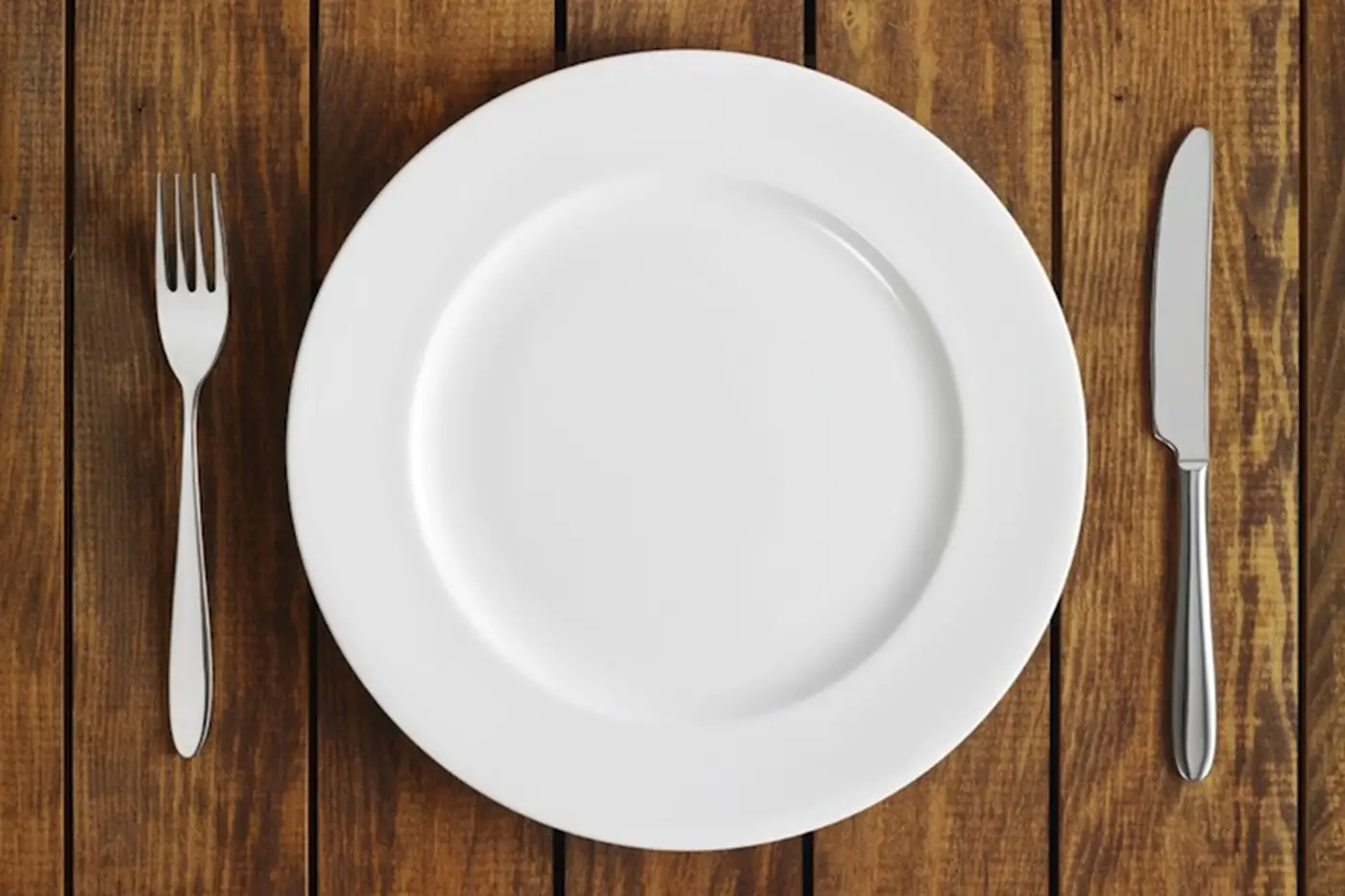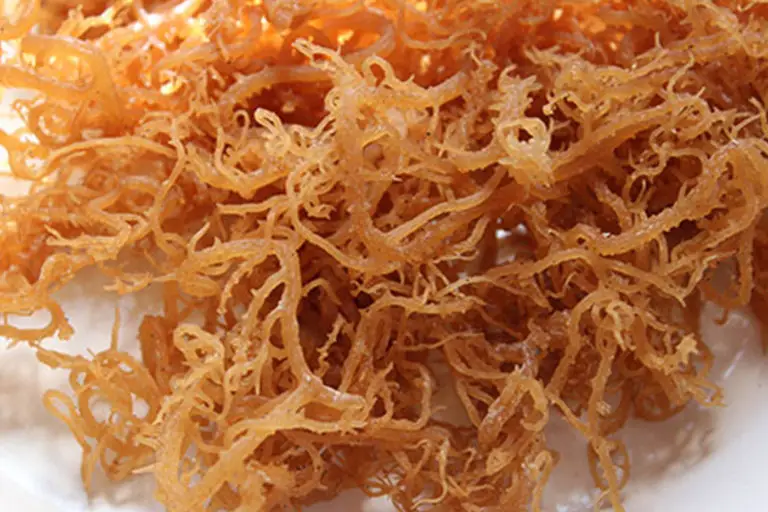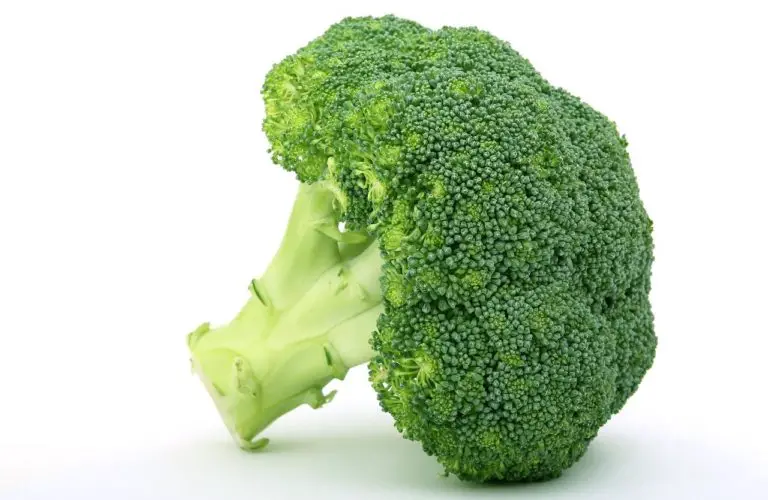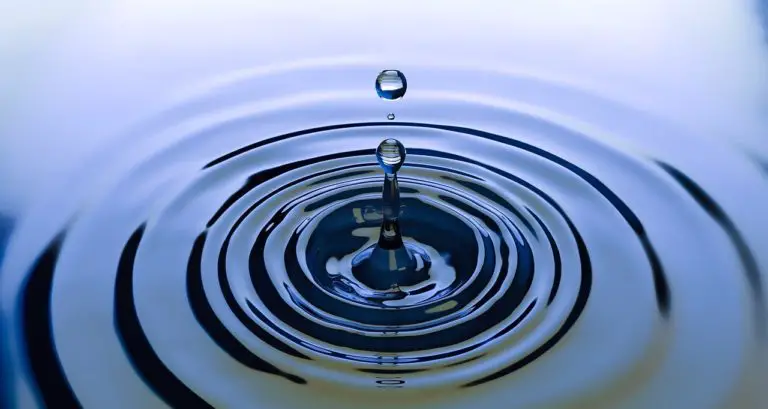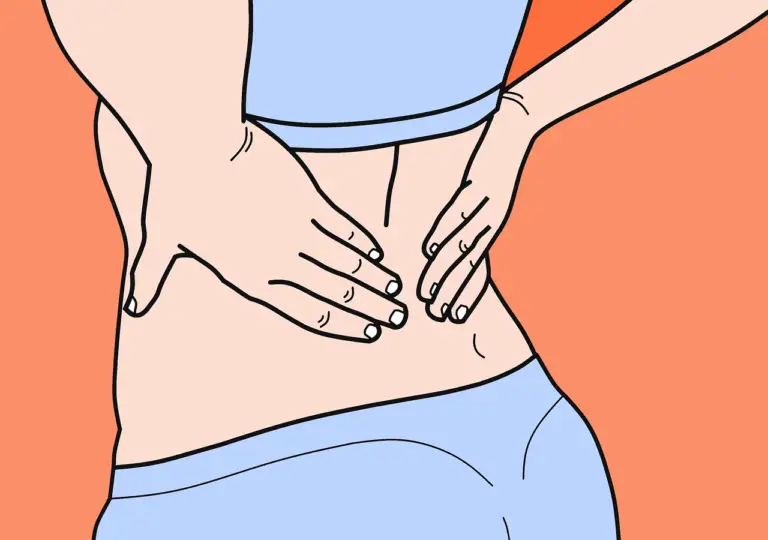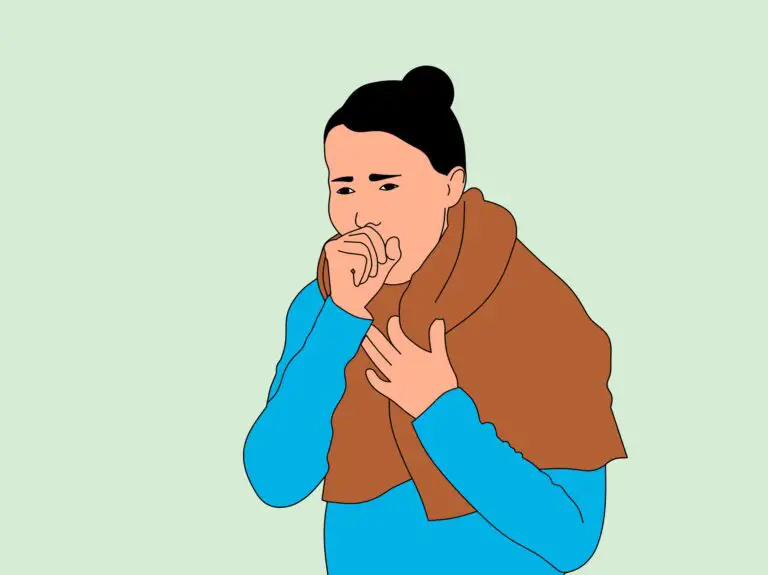Fasting: Why and How
Fasting is the body’s natural response to sickness and disease. All animals instinctively fast when they are ill. You’ve probably noticed whenever you are ill, you hardly have any appetite, this is nature’s way of telling you to stop eating.
Many people are choosing to fast these days as more knowledge about fasting becomes available. After all, digestion is a process that demands a large amount of energy from the body.
When one stops eating the body can concentrate this energy on cell regeneration and removal of toxins from the body.
In a fasting-state, cells begin to release toxins into the bloodstream. This is the reason during the first few days of fasting it’s normal to feel sick, or experience things like headaches, dizziness, or nausea. Depending on the level of toxicity one may experience this for a longer or shorter period of time.
Why should you fast?
Research has shown that by restricting caloric intake one can significantly extend their lifespan.
A study conducted on the rhesus monkey revealed that monkeys with a restricted calorie intake lived longer than those on a regular diet.
Fasting also burns fat, removes toxins from the body and fights disease.
How to fast
Fasting can seem like an overwhelming challenge, but this challenge is mainly mental not physical. One should prepare mentally before undertaking a fast and also ready enough herbal teas and or smoothies to get through the fast.
Set a time limit of how many days you want to fast and choose a suitable day to begin, one which you know you won’t be doing a lot of physical activities. Staying disciplined and not eating will prove to be the most difficult on the first day.
Now onto the obvious question:
How does one deal with the inevitable hunger?
Personally, when I fast, Dr. Sebi’s bromide powder plus – a powdered form of the herbs Irish moss and bladderwrack, is what quells hunger for me.
In addition to providing loads of minerals required by the body, Irish moss forms a jelly which coats the lining of the stomach. This prevents hunger but also helps to remove mucus and inflammation from the body and can be added to many convenient recipes, such as smoothies. I like to add it to my homemade hemp seed milk or walnut milk, as the taste of Irish moss can be a little off-putting.
There are many ways to go about fasting and you can include smoothies or even the occasional fruit.
What you may notice during your fast is an excessive amount of mucus running out of your nose. Which is temporarily halted once you have a smoothie or eat a piece of fruit.
Intermittent Fasting on the Dr Sebi Diet
Intermittent fasting is an eating regimen that restricts caloric intake to an 8-hour window every day while fasting for 16 hours. Intermittent fasting has become very popular recently as a means of losing weight and increasing lifespan.
Furthermore, it can easily be incorporated into anyone’s life. Since most people sleep for 8 hours, if one were to stop eating at 8 pm everyday and forgo eating the next day until noon, one could accomplish a 16 hour fast in this way.
This is the most common method of going about it and is called the 16/8 method. Alternatively some people simply opt to just having 1 meal a day doing a 24 hour fast daily.
My Own Experience
Liquids are permitted during the fasting time as long as they are non caloric beverages.
Personally I don’t make it a point to follow any type of strict regimen, but I’ve noticed that being on the Dr. Sebi diet has slowly shifted my eating habits into something very close to the 16/8 method.
I’ve also noticed that other people following the diet in various Facebook groups I’m in have mentioned that they only eat once a day now.
From personal experience, I know that this can easily be done especially with the intake of herbal teas. So yet another benefit of the diet, it becomes very easy to restrict caloric intake as one rarely ever feels hungry.
In fact I never feel hungry anymore and I generally eat my first meal sometime in the afternoon around 3pm if i’m home, or at around noon on days that I work. Also, I’ve recently found it detrimental to eat anything late at night, especially anything heavy like grains. This leaves me too full and I end up going to bed with food in my stomach which is still there when I wake up.
Ultimately fasting is a personal experience and although one can be coached, people who fast all find their own method of doing so. Although tough at first this can be an amazing experience which helps one to find inner peace, so happy fasting and good luck.

